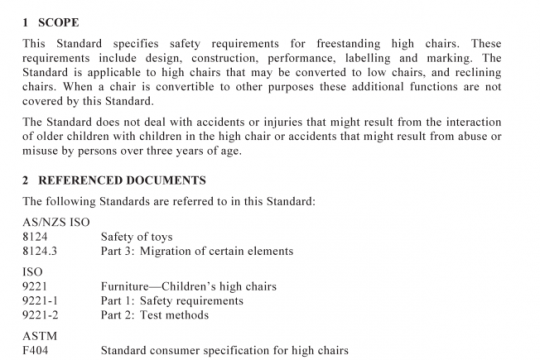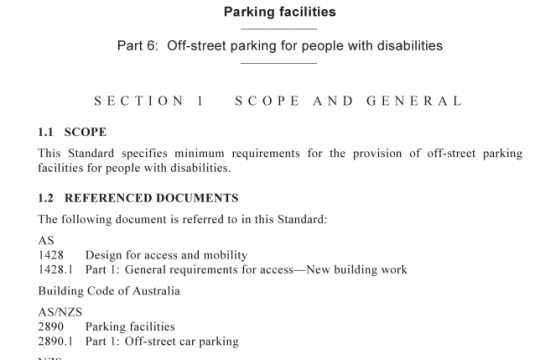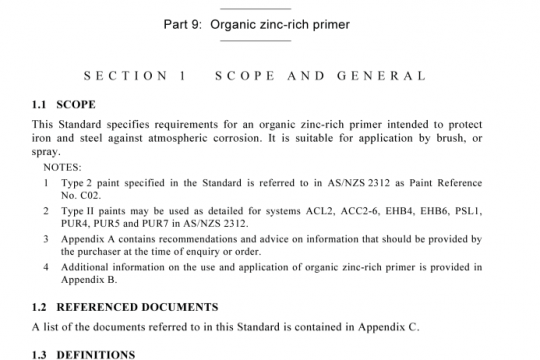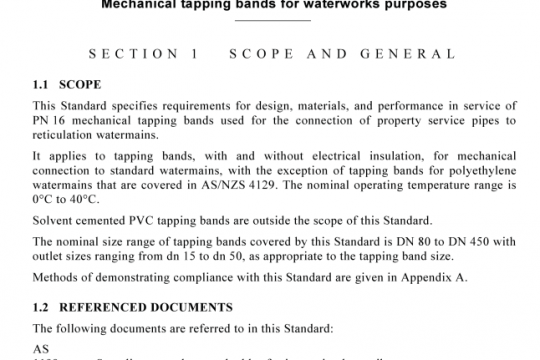AS NZS 5911:2013 pdf free
/FREESPACE2ULSTANDARDSPDF/AS/AS-NZS-5911-2013.rar
The assurance process aims to assess and communicate the level of confidence that an organization and interested parties can place on its reported environmental and/or sustainability performance. The ability to provide such assurance relies upon the verification of reported information, which in turn may require a review of the processes used to collect, analyse and report the information. The assurance process may also require an assessment of the extent to which a report meets its intended purpose.
Verification is the general process whereby information supplied by management may be compared against a set of agreed criteria and a determination made as to the reliance that can be placed upon it. For example, management may seek confirmation that its environmental and/or sustainability performance outcome is accurate in terms of the method of collection, measurement, monitoring and reporting. Where the criteria against which verification is to be sought can be objectively assessed (e.g. discharge limits, legal compliance etc.), then a high degree of reliance can generally be placed on the outcome of the verification process. If the criteria is subjective in nature (e.g. impact of acid rain,temporal variation in greenhouse gas emissions) then less reliance can be placed on the outcome than where the criteria is objective. Verification may be performed without validation.
Validation aims to determine whether reported information meets the particular need for which it is intended. For example it is possible for information to be verified such as that related to a specific discharge (e.g. phosphorous into a fresh water stream) where the data is found to be accurate and reliable through the performance of a verification activity. However, during validation it may be revealed that the information is not appropriate or relevant (e.g. the relevant discharge would be nitrates into a fresh water environment).Validation seeks to ensure that the outcome is relevant and appropriate to its intended use.If factors such as the accuracy and reliability of data are not critical to the intended use of the reported information, then validation may be performed without verification.AS NZS 5911 pdf free download.




